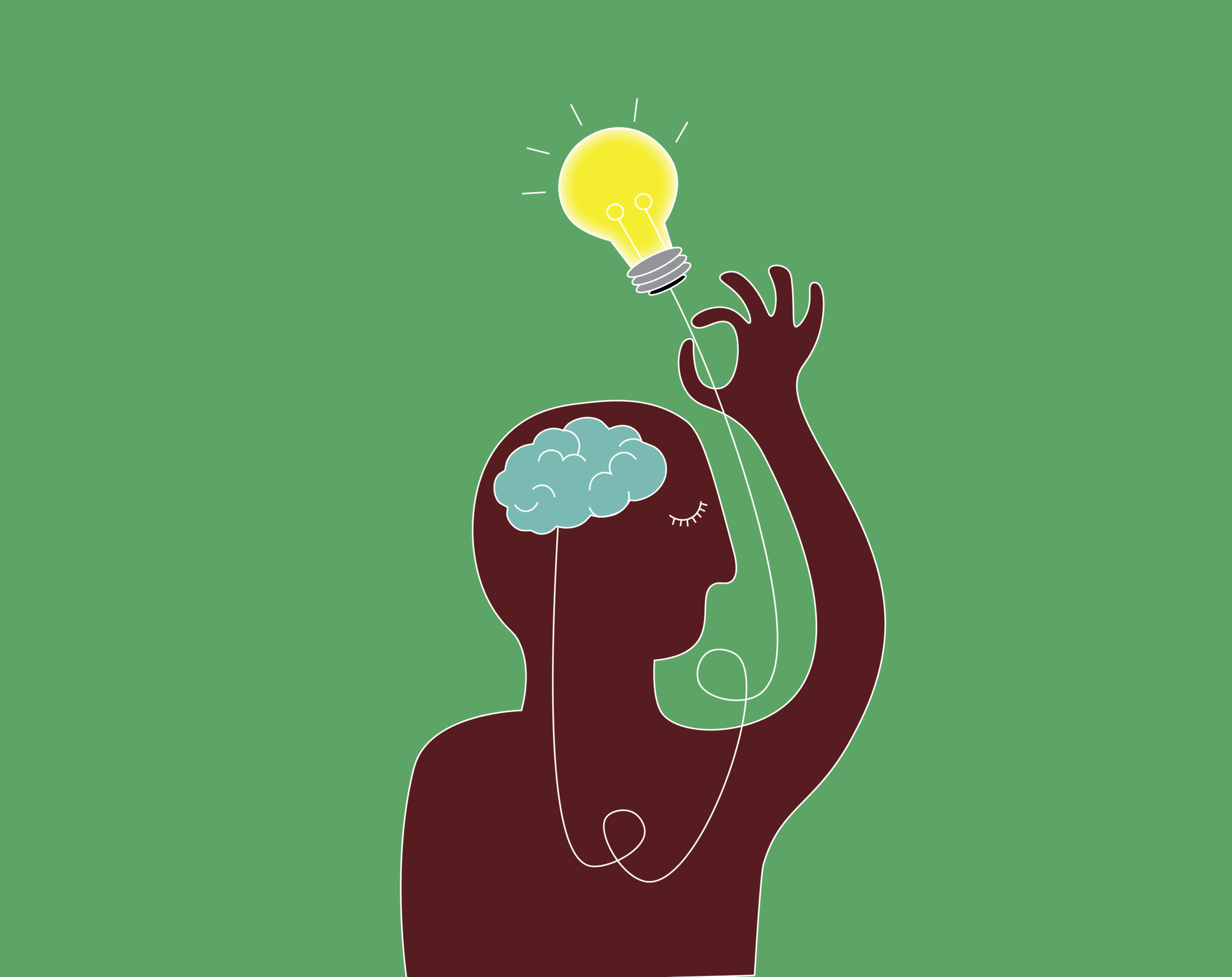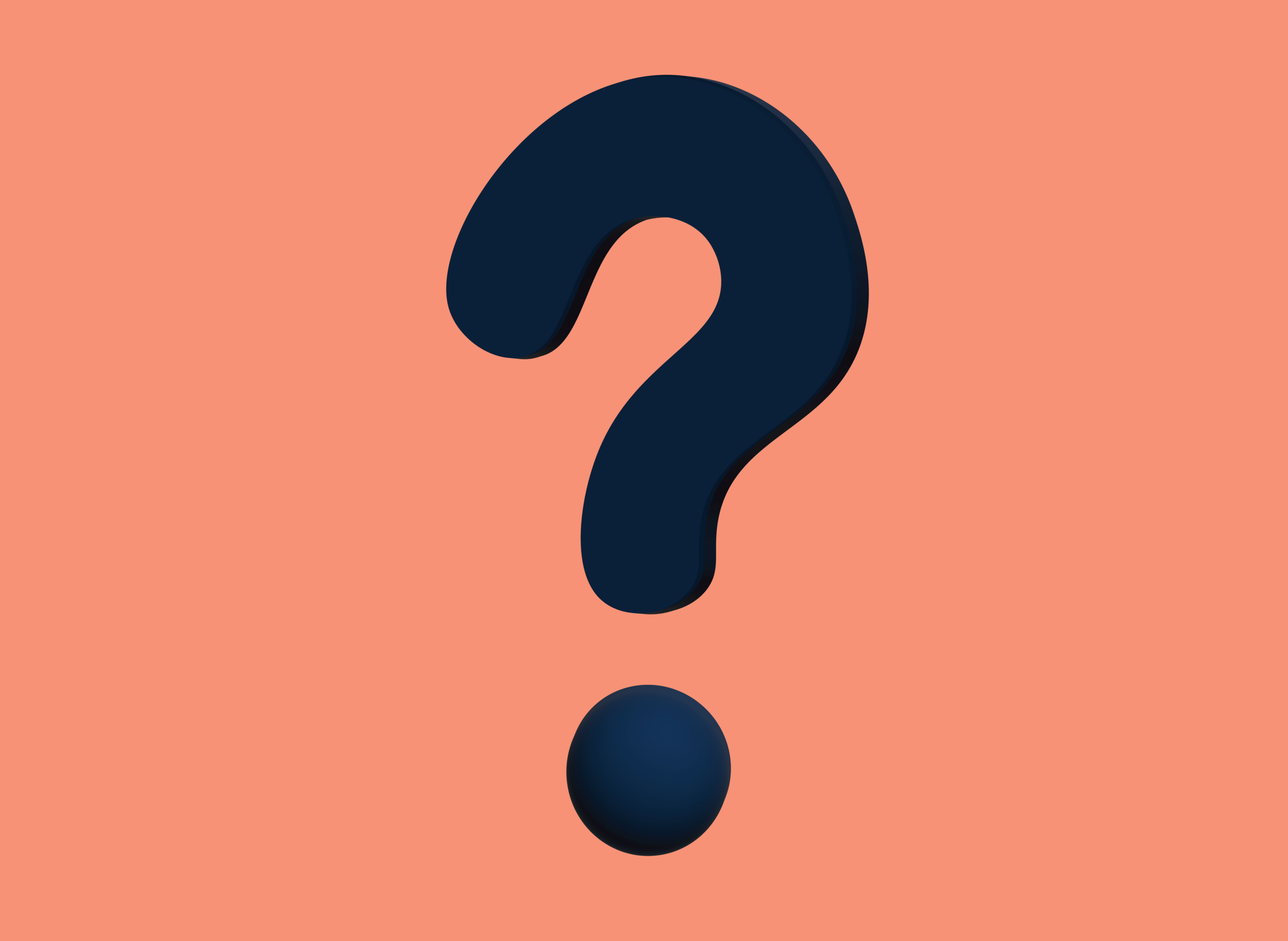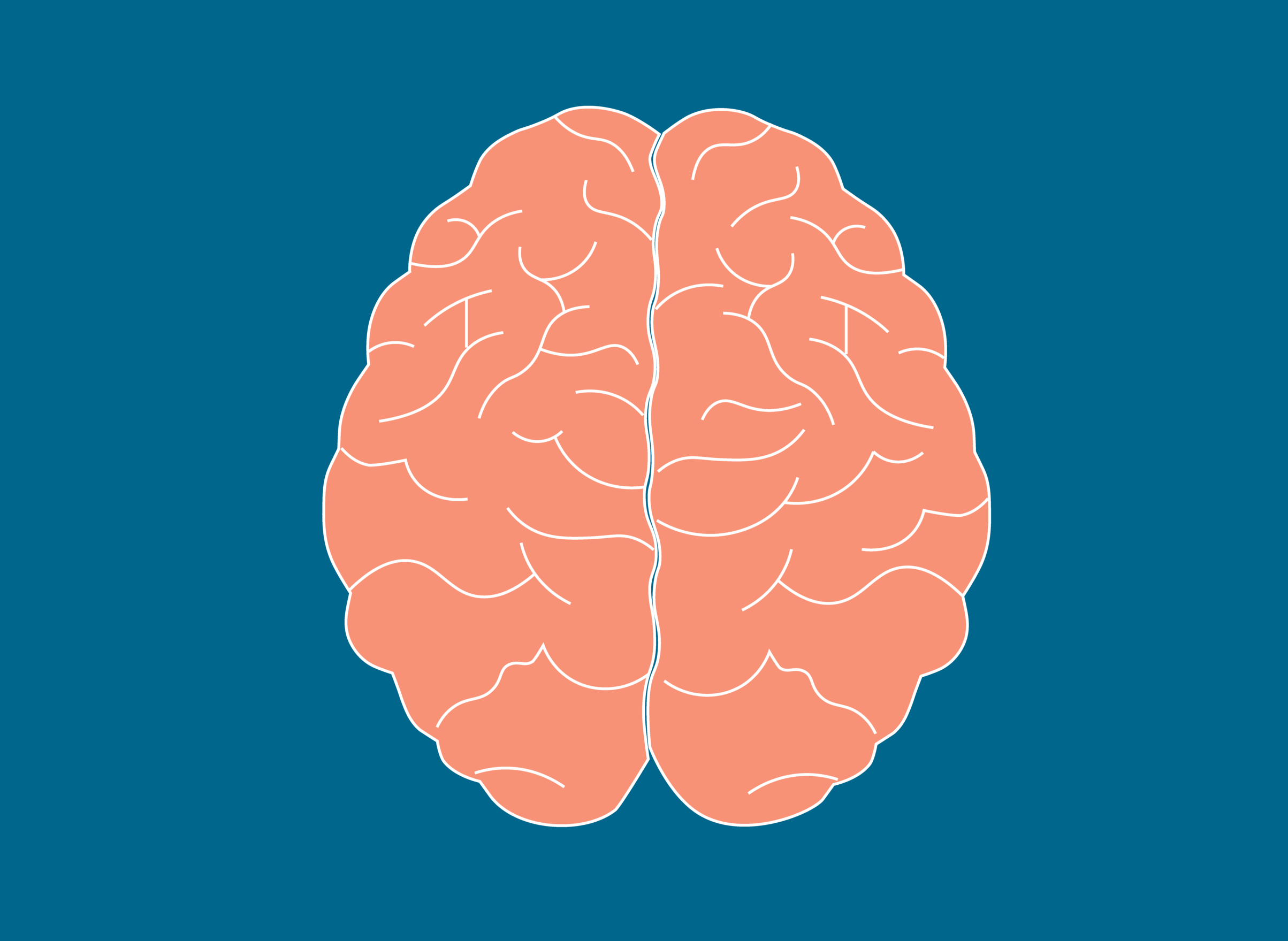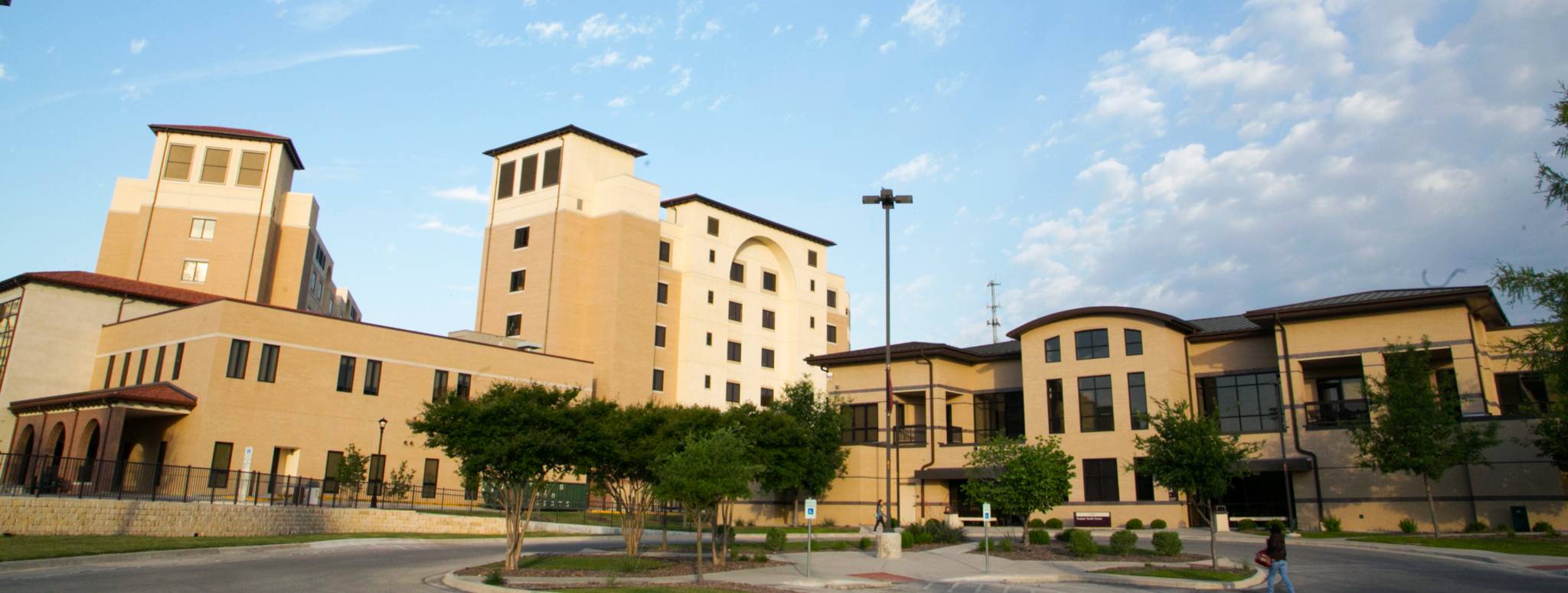Alcohol, Drugs, and the Brain & Body
What is Alcohol?
Your Brain on Drugs: Alcohol

- Ethyl alcohol, or ethanol, is an intoxicating ingredient found in products like beer, wine, and liquor (CDC, 2023).
- Alcohol often comes in various forms with different names and concentrations (alcohol by volume, or ABV). Common types include beer, malt liquor or seltzer, wine, liqueur, brandy, or distilled spirits like tequila, vodka, and whiskey (NIAAA, 2024).
What is Cannabis?

- Cannabis refers to the dried leaves, stems, and flowers from the Cannabis sativa or Cannabis indica plants that contain the intoxicating ingredient tetrahydrocannabinol (or THC) (NIDA, 2023).
- Cannabis products come in a variety of forms with differing concentrations of the active ingredient THC. Common types include edibles or gummies, capsules, concentrates, topicals, oils, smokeable (vapes, dried leaves), and drinks (Rossheim et al., 2024).
2-Minute Neuroscience: THC
Effects of alcohol and drugs on cognition, reaction time, perception, etc.

Effects of Alcohol:
- Alcohol is a depressant, which means that it slows down the brain and body.
- Alcohol can reduce cognition when driving, including impairing decision-making, slowing muscle movements, reducing memory and perception, and induce other physical effects like drowsiness, vomiting, blacking out, and more (NHTSA, 2023).
Effects of Cannabis:
- Cannabis is a hallucinogen, which alters the brain and body’s perception. Cannabis affects areas of the brain that control your body’s movements, balance, coordination, memory, and judgment. (CDC, 2023).
- Cannabis can distort perception, impair coordination, and slow reaction time/reduce ability to make decisions while driving (CDC, 2023).
Effects of Alcohol and Cannabis:
- Use of alcohol AND cannabis in combination can cause increased impairment to driving.
- Alcohol or cannabis-impaired driving can pose a safety risk to both drivers and passengers, whether or not the passengers are impaired.
Effects of Alcohol and Caffeine:
- When someone mixes alcohol and caffeine, the stimulant effects of caffeine can mask the depressant effects of alcohol, which might make someone feel more alert than they actually are.
- Combining caffeine and alcohol can result in consuming more alcohol and becoming more impaired than they realize, which can result in higher risk of impaired driving and other alcohol-related harms (CDC, 2024)
